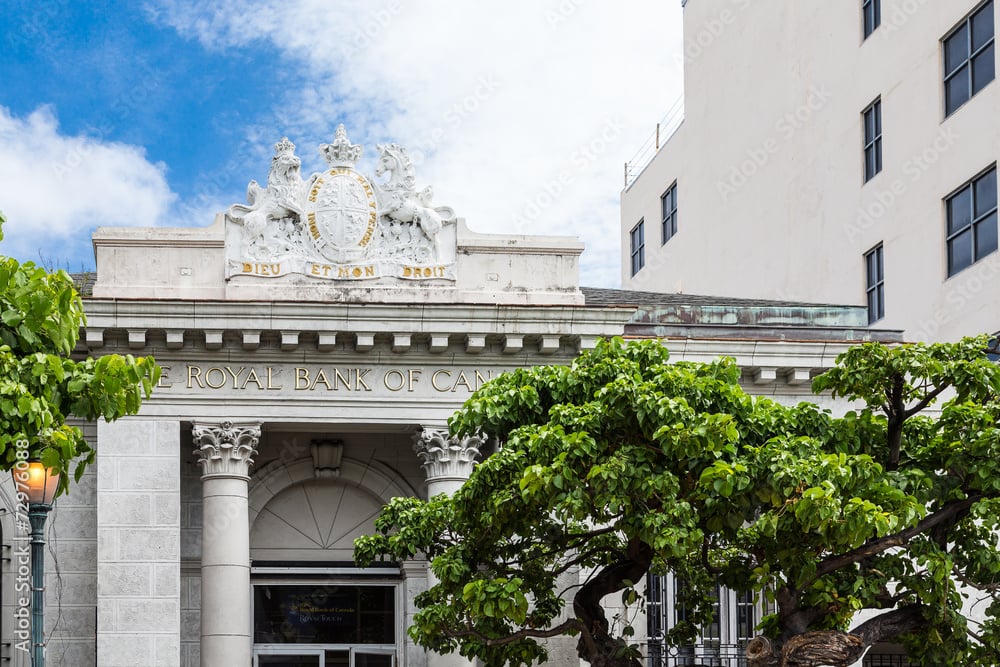Impact of baby boomer retirement to accelerate, put pressure on employers
Canada's labour market is not expected to return to full employment for another four years. according to the Conference Board of Canada's Canadian Outlook Long-Term Forecast 2012.
Canada's economy was near full employment before the 2008-09 recession. Although Canada has recovered all the jobs lost during the recession, it will take another four years to bring the unemployment rate back down to about six per cent.
Several factors will temper the short-term effects of baby boomer retirements on the labour force. These include robust levels of immigration, a greater proportion of older women in the workforce and the expectation that many boomers will choose to delay their retirements by one to two years to recoup some of the losses to their nest eggs, said the Conference Board.
But after 2014, the wave of baby boomer retirement is expected to accelerate, tightening labour markets and putting pressure on employers to increase wages. For the economy to afford higher wages, Canada's productivity will need to improve through the substitution of capital investment for increasingly-scarce labour, said the Conference Board.
After 2016, tight labour markets will curtail long-term potential growth in the national economy, In four years, economic growth is forecast to slow to an average of 2.1 per cent annually. The decline to real GDP growth is due to soft labour force growth brought on by boomer retirements and a shift in spending patterns from an aging population, found the report.
"Canada's economy has rebounded nicely from the 2008-09 recession, especially when compared with the performance of many other advanced economies. But closing the remaining gap on potential output and full employment will be a long and protracted process, as real GDP growth will be lacklustre over the next few years," said Pedro Antunes, director of national and provincial forecast at the Conference Board.




